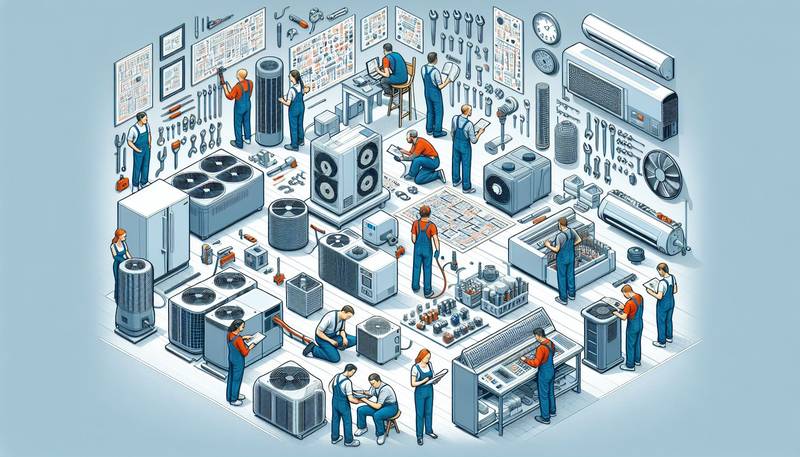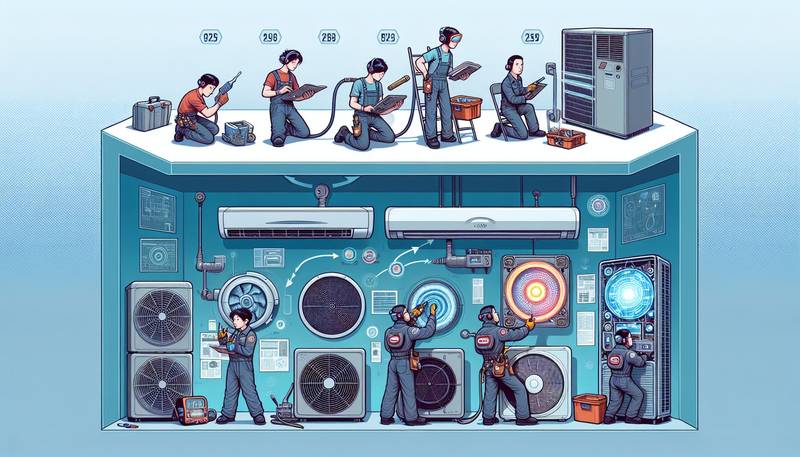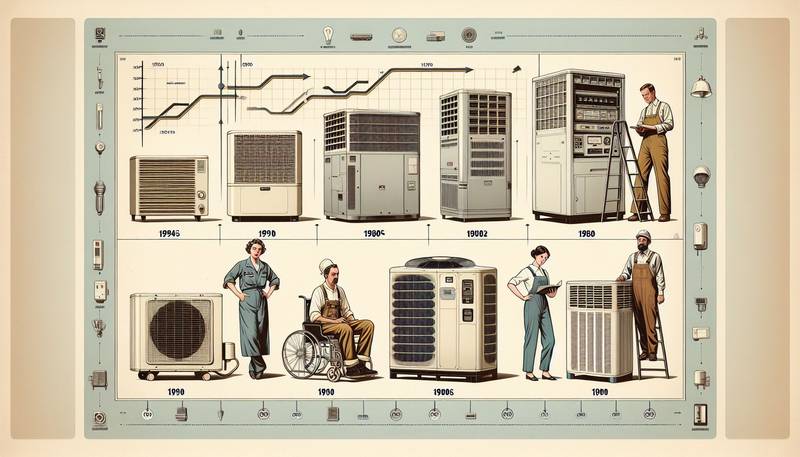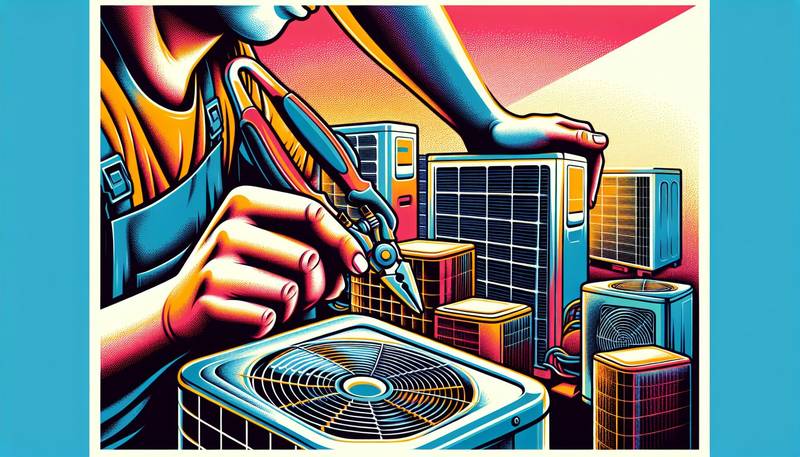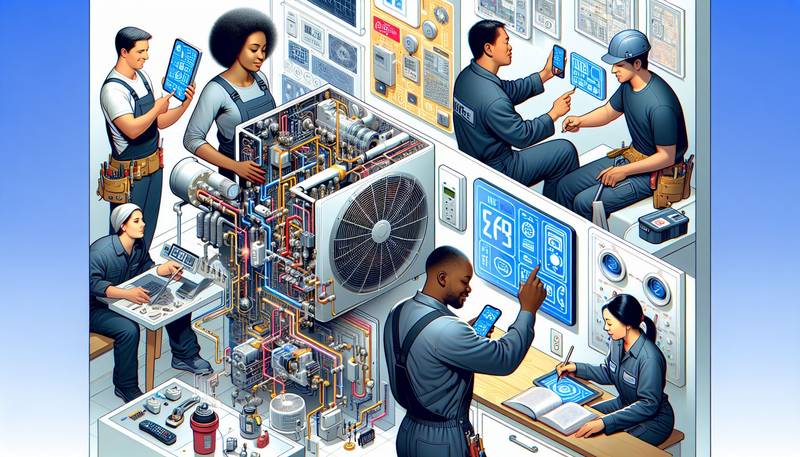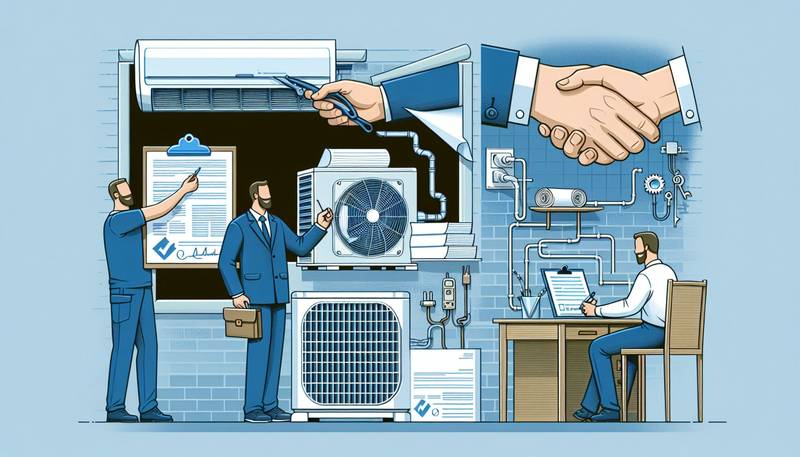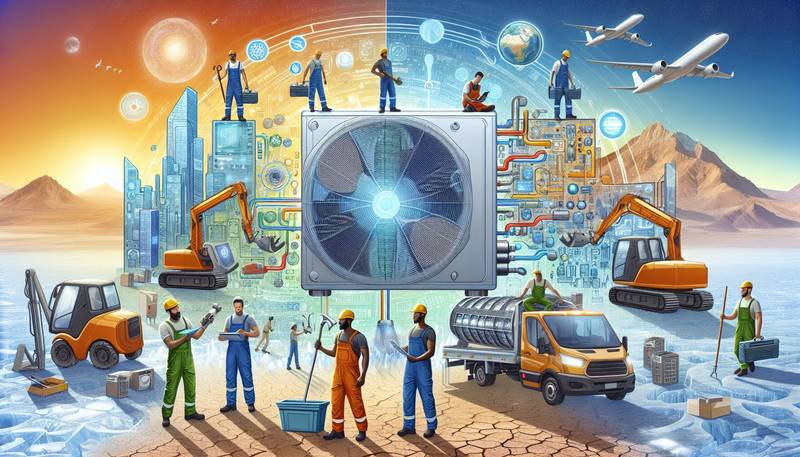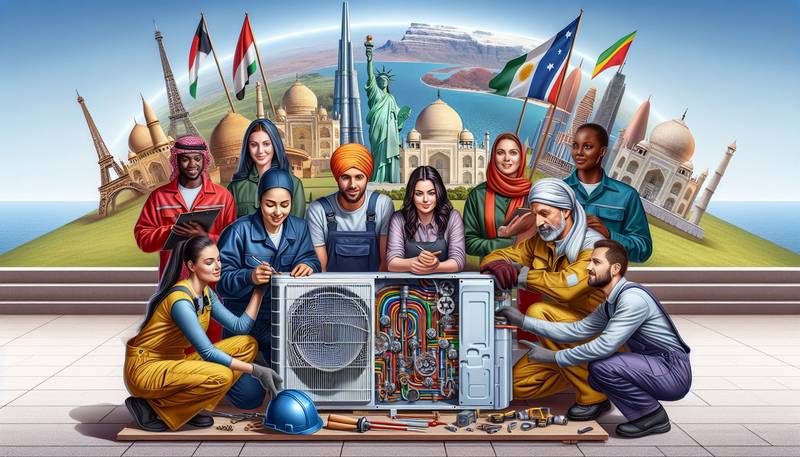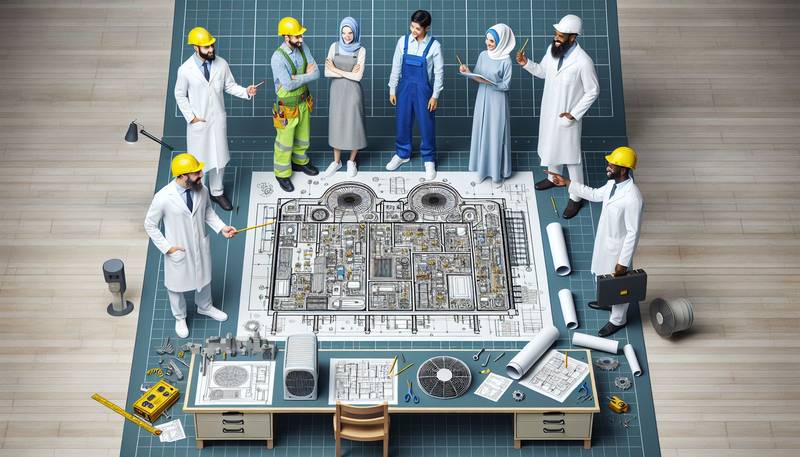Air Conditioning Jobs: A Gateway to a Cooler Future
In this article, we will explore the various opportunities available in the air conditioning industry and how pursuing a career in this field can lead to a cooler and brighter future.
The Importance of Air Conditioning Systems
Air conditioning systems play a crucial role in maintaining comfortable indoor environments, especially in regions with extreme temperatures. From homes and offices to hospitals and manufacturing facilities, air conditioning systems are essential for ensuring the well-being and productivity of occupants. As advancements in technology continue to improve the efficiency and performance of these systems, the demand for skilled technicians who can install, maintain, and repair them is on the rise.
Types of Air Conditioning Jobs
There is a wide range of job opportunities available in the air conditioning industry, each requiring a different set of skills and expertise. Some common types of air conditioning jobs include:
HVAC Technician: HVAC technicians are responsible for installing, maintaining, and repairing heating, ventilation, and air conditioning systems. They must have a strong understanding of electrical systems, refrigeration, and air quality control in order to ensure that the systems they work on are safe and efficient.
Refrigeration Technician: Refrigeration technicians specialize in installing and repairing commercial and industrial refrigeration systems. These systems are essential for preserving perishable goods and maintaining the operations of food processing plants, supermarkets, and other businesses that rely on refrigeration.
Air Duct Cleaner: Air duct cleaners are responsible for cleaning and sanitizing the ductwork systems that distribute air throughout buildings. This is important for ensuring that the air being circulated is clean and free of contaminants, which can have a significant impact on indoor air quality.
Training and Education
To pursue a career in the air conditioning industry, individuals typically need to complete a formal training program or apprenticeship. Many community colleges and technical schools offer HVAC programs that cover topics such as system design, installation techniques, and troubleshooting practices. In addition to classroom instruction, hands-on training is often provided to give students practical experience working with HVAC equipment.
Once individuals have completed their training, they may choose to pursue certification from organizations such as the North American Technician Excellence (NATE) or the Environmental Protection Agency (EPA). These certifications are often required by employers and help demonstrate a technician's knowledge and skills in the field.
Job Outlook and Salary
The job outlook for air conditioning technicians is quite promising, with the Bureau of Labor Statistics projecting a 13%!g(MISSING)rowth in employment between 2020 and 2030. This growth is attributed to the increasing demand for energy-efficient HVAC systems and the need to replace older systems with newer, more environmentally friendly ones. As a result, the median annual wage for HVAC technicians was $50,590 in May 2020, with top earners making over $80,820 per year.
Conclusion
In conclusion, air conditioning jobs offer a promising career path for individuals seeking stability, competitive salaries, and opportunities for advancement. With the demand for skilled technicians on the rise, pursuing a career in the air conditioning industry can lead to a cooler and brighter future. Whether you are interested in installing HVAC systems, repairing refrigeration equipment, or improving indoor air quality, there are plenty of opportunities available in this dynamic and essential field. So, if you are looking for a rewarding career that allows you to make a tangible impact on people's lives, consider exploring the many possibilities that air conditioning jobs have to offer.

